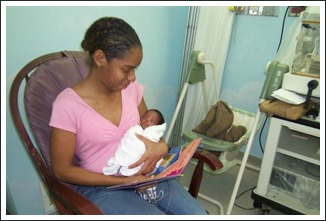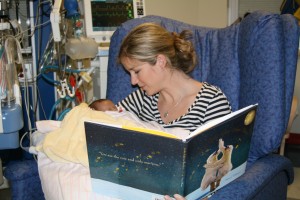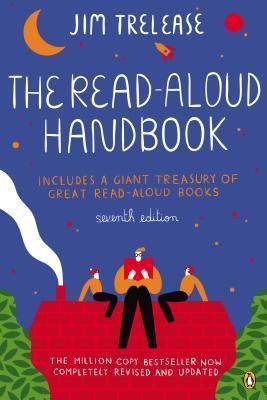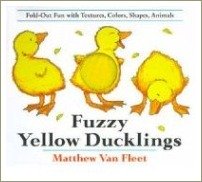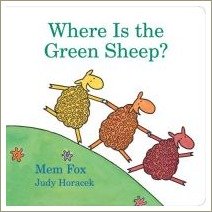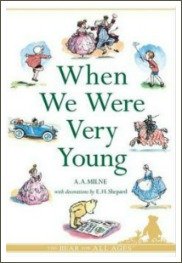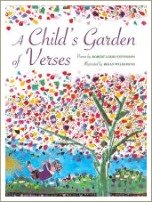You are here: home / reading to children / reading to premature babies
Reading to Premature Babies
Parents whose premature babies need to be admitted to a Neonatal Intensive Care Unit (NICU) usually find the experience overwhelming.

As well as the shock of their baby's early arrival, they also have to come to grips with the special care needs of their baby, the care-giving skills they need to learn, the details of their baby's illness and the need to get to know and communicate with their child's different care-givers.
Apart from their very real concerns about their babies' health, as their babies settle into the NICU (called the Special Care Baby Unit or SCBU in some countries) parents of premature babies often say that they feel:
- helpless and at a loss to know what they can do for their little ones;
- that the baby is not really theirs but seems to "belong" to the hospital;
These feelings are completely understandable. After all, the nurses and doctors who care for premature babies are clearly the "experts" and are in control of so much of what happens to the baby.
Partly in an attempt to overcome this, most hospitals now encourage parents to take over as much of their baby's day-to-day care as they can. This is obviously a good thing however it may still leave a parent - often (but not always) the baby's mother - spending long hours by their little one's bedside with not much to do and with few, if any, opportunities to really connect and bond with this precious baby.
So what to do? I think there are two separate but related needs involved here. Both are very important.
The first need is the parents' need to feel a connection to their child, to bond with him or her and to feel empowered as a parent. That word "empowered" is often overused today but I think it really fits here. Parents need to feel that they matter to their child, that they have the power to help, reassure and care for their baby. This is important for their own well-being and also for their relationship with their child, now and in the future.
The second need is the baby's need to feel the reassurance of the parents' presence. If the baby can be held and fed by mum and dad, the baby will feel reassured by that connection: by the sound of the parent's voice and by the feel and smell of the parent's body. But even if the baby is too fragile to be held and is being tube-fed, the sound of the parents' voices is very reassuring for the baby.
This is not always obvious, of course. The baby can't say "please stay, mum. This place is scary for me and I don't know what's going on but I know the sound of your voice and I feel calmer and safer when I hear your voice." But we know that the baby's heart rate will often settle and he will be observably calmer when he can feel the presence of mum, dad or perhaps a loving grandparent close by. This is where reading aloud can help.
How Reading to Premature Babies Helps
If you've had a look around this site, you'll have already read about the importance of reading and how and why we should start reading to our children as early as possible in their lives.
If you haven't yet had a chance to read much about why reading aloud is important, here's what you need to know in a nutshell.
Reading to babies and young children is important because it:
- promotes bonding and a close relationship between parent and child;
- saturates the child's brain with language, especially language that is different from everyday speech;
- stimulates the development of phonological awareness, a crucial pre-reading skill;
- builds background knowledge about the world;
These benefits hold true for all babies, including very sick and premature babies who have to spend time in the NICU or SCBU. In fact, there is now good research to show that reading aloud to sick and premature babies brings extra special benefits, both for the babies themselves and for their parents.
Reading to Premature Babies: the Research
In 2010, a study in Montreal in Canada compared two groups of parents of premature babies:
- parents who had been encouraged to read to their babies in the NICU;
- parents whose babies had been discharged from the NICU before the reading program was introduced;
They wanted to find out whether the reading program had made any difference to the parents' experience while their babies were in the NICU or to the amount of reading the parents did with their babies once the babies were taken home.
To put it another way, they wanted to know two things: first, what might be the immediate and short-term benefits of reading to premature babies; and second, are there any longer-term benefits to reading aloud to the babies which might show up when the children started school, for example.
And the results? The study clearly showed that encouraging parents to read to their sick and premature babies in the NICU/SCBU:
- allowed parents to engage with their babies in a positive way;
- helped parents cope with the difficult experience of having a sick baby;
- meant that the parents were far more likely to continue reading aloud to their babies in the months after the babies were discharged;
What the Parents of the Premature Babies Said
I really loved reading the comments the parents made about how reading aloud to their sick or premature babies helped them while their babies were in the NICU. The parents felt that reading to their babies provided them with a sense of control, a sense of intimacy and a sense of normalcy in the middle of what was obviously not a very 'normal' situation.
Here are some of the comments:
"When I read to her, I had the impression I was really with her. She was in the middle of the room, on a HIFI ventilator, with lots of action around her, and I couldn't hold her, but I think I really calmed her when I read."
*****
"I would never have thought to read to such a young baby. I didn't know what to say (when I first saw him) ... The nurse told me I could read to him if I wanted to and gave me a book. I started to read, and then the words came."
*****
"The NICU is so crowded, and a hard place to be. Reading to my baby was a minute of intimacy that I really needed."
*****
"I found it hard to talk to him, especially since he was so sick and did not respond. Reading was a way to feel close to him."
*****
"In the beginning, when she was in the incubator, it helped to be able to read to her. When we didn't know anything we could do for her, it was nice to do a normal thing."
*****
"In the hospital, I found it really useful to have a book to read to him. It gave us something normal to do. It humanised a very difficult situation."
Which Books Should I Read to My Premature Baby?
You can read anything you like to your baby. It's the sound of your voice that creates the magic and the special bond between you.
Having said that, your baby will especially enjoy rhyming stories and poems and books which have a lovely rhythm to them when you read them aloud. Watch your baby's response and you'll soon get to know which books he or she seems to respond to most.
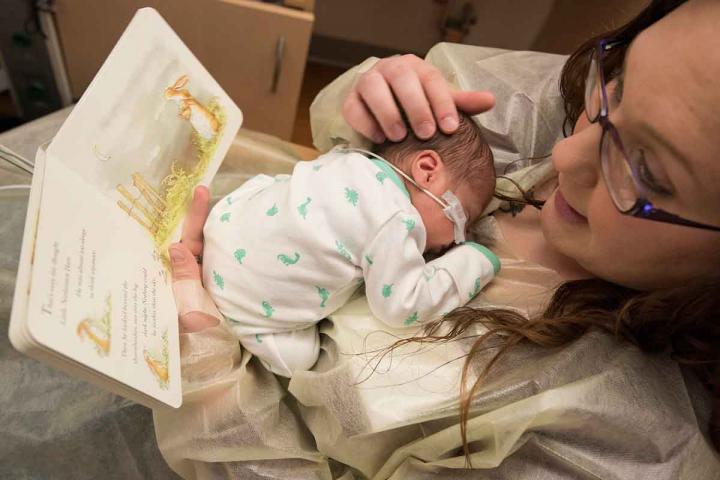 This mum is reading "Guess How Much I Love You", a great choice to read aloud to your baby in the NICU/SCBU
This mum is reading "Guess How Much I Love You", a great choice to read aloud to your baby in the NICU/SCBURemember too that the books you read now will hold a special place in your baby's memory and heart so it makes sense to choose books you'll read aloud when you're home together. Your baby will learn to associate these books with feelings on comfort and love and you'll be able to read them at home whenever your little one is upset or unsettled and needs to feel those feelings.
My very favourite books to read aloud to babies are described on my page of The Best Books for Babies. (Note: book covers and titles are affiliate links.) I've also put a few of them in the column on the right of this page.
Children's poetry books are brilliant to read aloud. They usually contain a selection of short and longer poems so you can get used to reading aloud (and to hearing yourself read aloud) in short bursts. This can be good if you feel awkward at first about reading aloud (we all do!)
Click here to read about my Top 5 Children's Poetry Books.
References:
https://www.aboutkidshealth.ca/En/News/NewsAndFeatures/Pages/Reading-to-babies-in-the-NICU.aspx
https://brighamhealthhub.org/the-benefits-of-reading-begin-at-birth
http://healthland.time.com/2011/01/10/reading-to-newborns-in-the-nicu-boosts-bonding/
https://www.nursingtimes.net/news/research-and-innovation/trust-encouraged-parents-to-read-to-premature-babies/7013600.article
